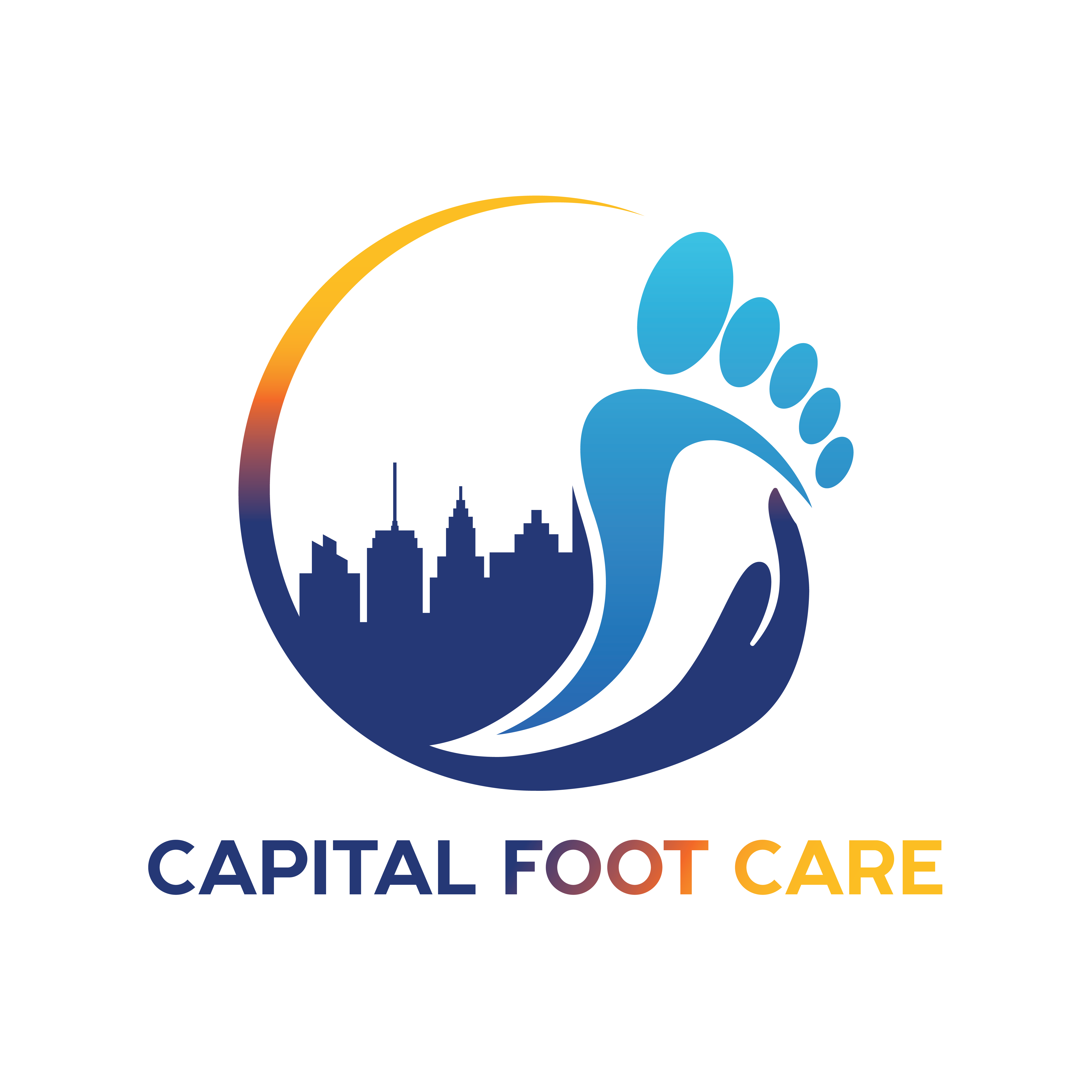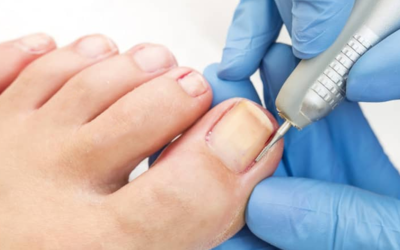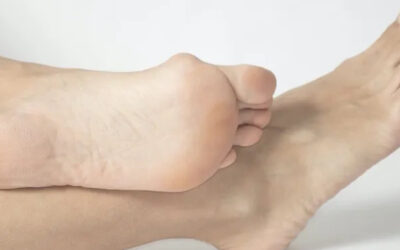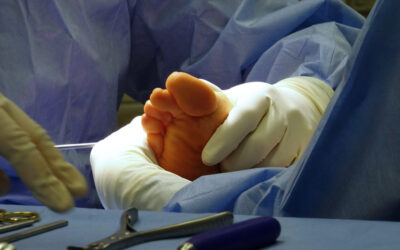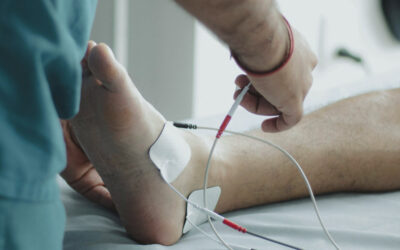Wound care has evolved dramatically over the years, and with the advancement of new technologies and treatment options, the path to healing has become faster and more effective. For individuals suffering from chronic wounds or those with conditions like diabetes, advanced wound care is crucial to preventing complications and promoting faster recovery. At Capital Foot Care, our expert team, including Dr. Muhammad A. Khalid, Dr. Fritz-Andre Duterlein, and Dr. Herman Zarate, is committed to offering cutting-edge wound care solutions tailored to each patient’s unique needs.
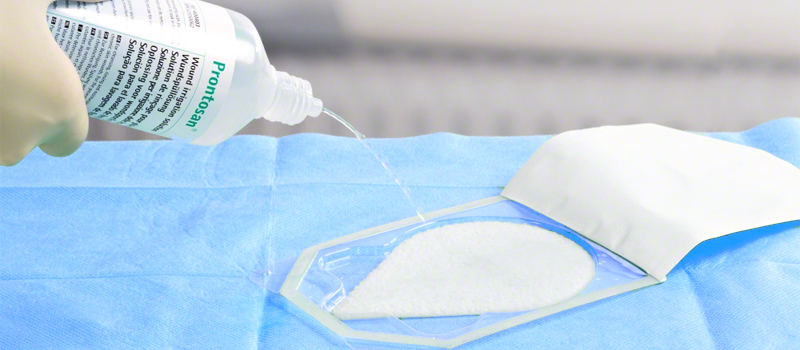
The Importance of Advanced Wound Care
Wounds that fail to heal quickly can result in a range of complications, from infections to amputations in severe cases. This is especially true for patients with underlying conditions like diabetes, peripheral artery disease (P.A.D.), or compromised immune systems. Traditional wound care methods may not be sufficient for such patients, which is why advanced wound care techniques are essential. These modern treatments focus on promoting tissue repair, accelerating healing, and minimizing the risk of complications.
Advanced Wound Care Techniques
At Capital Foot Care, we use a variety of advanced wound care techniques to ensure optimal healing. Some of the most effective methods include:
- Debridement
Debridement is a technique that involves the removal of dead or infected tissue from a wound. This process is vital for promoting faster healing, as dead tissue can impede recovery and increase the risk of infection. There are several types of debridement, including:
- Autolytic Debridement: Uses the body’s own enzymes and moisture to break down dead tissue.
- Enzymatic Debridement: Involves the use of topical enzymes to dissolve necrotic tissue.
- Surgical Debridement: A precise method where a surgeon removes dead tissue to promote healing.
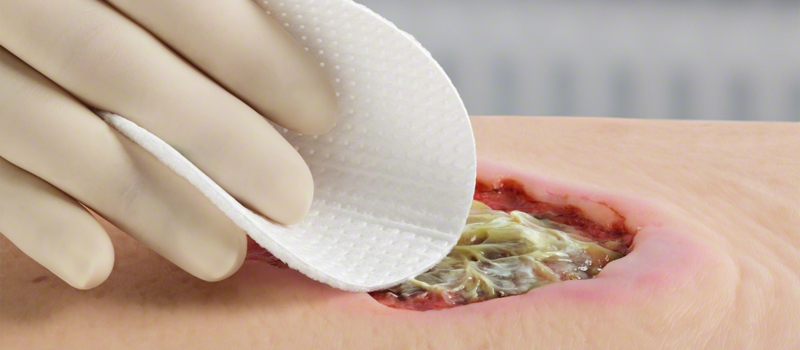
- Negative Pressure Wound Therapy (NPWT)
Negative Pressure Wound Therapy, also known as vacuum-assisted closure (VAC), is an advanced technique that uses a vacuum to create negative pressure around a wound. This therapy helps draw out excess fluid, reduce swelling, and promote blood flow to the area, which speeds up the healing process. NPWT is particularly effective for large or complex wounds.
- Hyperbaric Oxygen Therapy (HBOT)
Hyperbaric Oxygen Therapy (HBOT) involves breathing 100% oxygen in a pressurized chamber. This technique increases oxygen supply to the wound site, enhancing the body’s natural healing mechanisms. HBOT is especially beneficial for patients with diabetic foot ulcers or wounds that are not healing due to poor blood circulation.
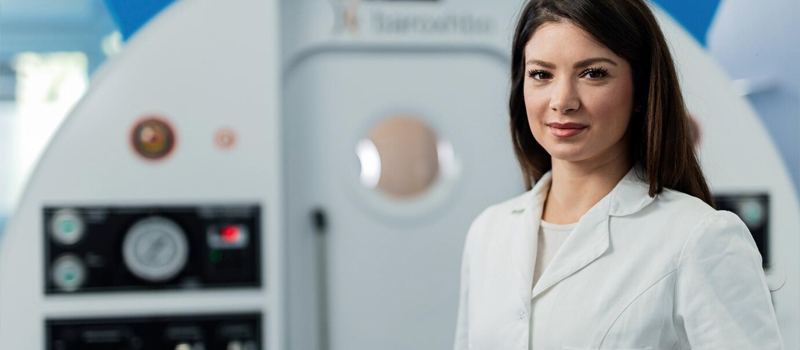
- Advanced Dressings
The type of dressing used on a wound can significantly impact the healing process. At Capital Foot Care, we use advanced wound dressings that are designed to maintain the ideal moisture level, prevent infections, and promote faster healing. These include:
- Hydrocolloid Dressings: Create a moist environment to speed up healing.
- Foam Dressings: Absorb excess wound exudate while keeping the wound moist.
- Antimicrobial Dressings: Infused with agents like silver, which help reduce the risk of infection.
- Platelet-Rich Plasma (PRP) Therapy
Platelet-Rich Plasma (PRP) Therapy involves extracting a patient’s blood, concentrating the platelets, and injecting them into the wound area. Platelets contain growth factors that help stimulate tissue repair and regeneration, making this an effective treatment for chronic or non-healing wounds.
Why Advanced Wound Care Is Critical for Faster Healing
Using advanced wound care techniques not only accelerates the healing process but also minimizes the risk of infection, reduces pain, and improves the overall quality of life for patients. Delayed wound healing can lead to further complications, such as chronic wounds, infections, or even amputations. By seeking prompt treatment and utilizing cutting-edge methods, patients can achieve faster recovery and prevent long-term damage.

Who Can Benefit from Advanced Wound Care?
Advanced wound care is especially beneficial for individuals with:
- Diabetes: Diabetics are at higher risk for chronic wounds due to poor circulation and neuropathy.
- Peripheral Artery Disease (P.A.D.): Patients with restricted blood flow may experience slower wound healing.
- Chronic Wounds: Any wound that does not heal within the expected timeframe (typically four to six weeks) can benefit from advanced care.
- Pressure Ulcers: Bedsores or pressure ulcers that result from prolonged immobility.
If you are experiencing a slow-healing wound or have a condition that puts you at risk, Capital Foot Care is here to help.
Trust Capital Foot Care for Expert Wound Care
At Capital Foot Care, our experienced team of podiatrists is dedicated to providing advanced wound care solutions that promote faster healing and reduce complications. With years of expertise, Dr. Muhammad A. Khalid, Dr. Fritz-Andre Duterlein, and Dr. Herman Zarate are committed to offering personalized treatments for every patient.

For more information or to schedule an appointment, contact Capital Foot Care at 301-927-FOOT (3668) or email us at [email protected]. Our convenient locations are here to serve you:
- 6510 Kenilworth Ave. Suite 2300, Riverdale, MD 20737
- 7610 Carroll Ave. Suite 380, Takoma Park, MD 20912
- 8816 Jericho City Drive, Largo, MD 20785
- 2041 Martin Luther King Jr Ave SE, Suite 103, Washington, DC 20020
- 1328 Southern Ave SE, Suite 209, Washington, DC 20032
Advanced wound care techniques play a vital role in ensuring faster and more efficient healing for patients with chronic or complex wounds. At Capital Foot Care, we provide the latest treatments tailored to your specific needs, helping you get back on your feet as quickly as possible. Don’t let slow-healing wounds hold you back—reach out to Capital Foot Care today for the expert care you deserve.
